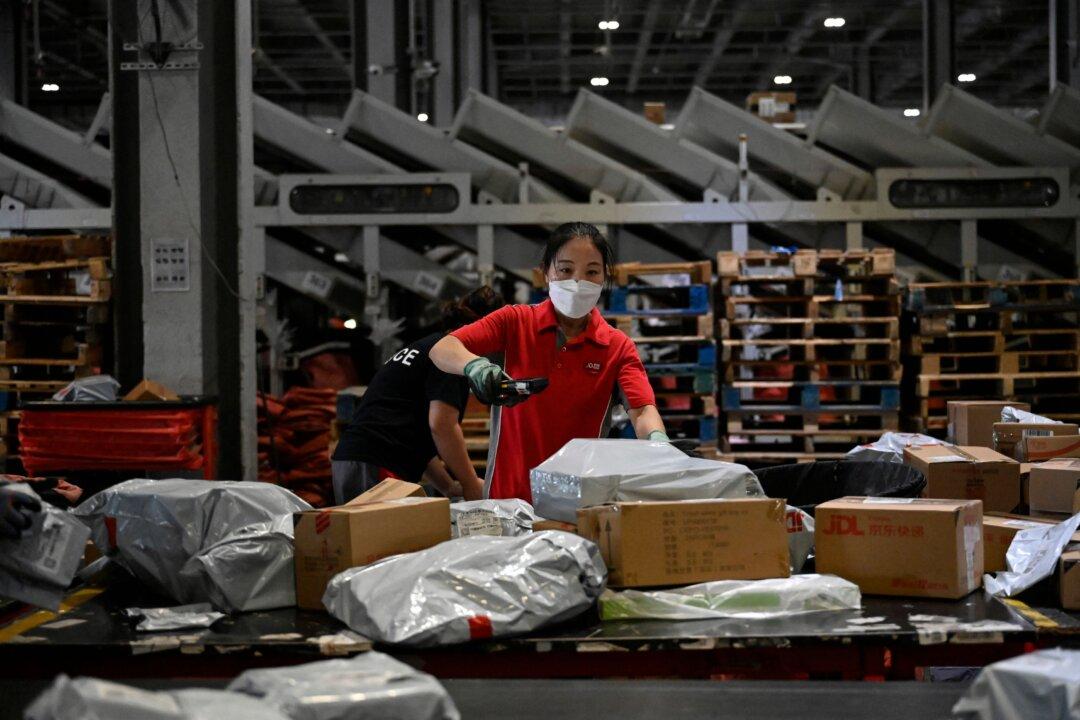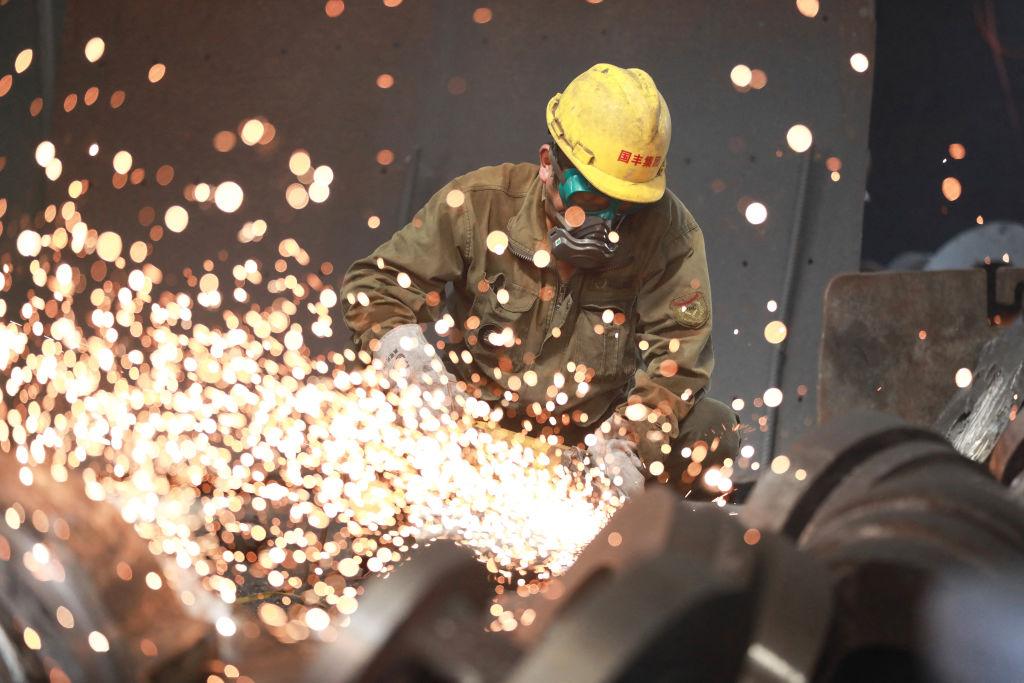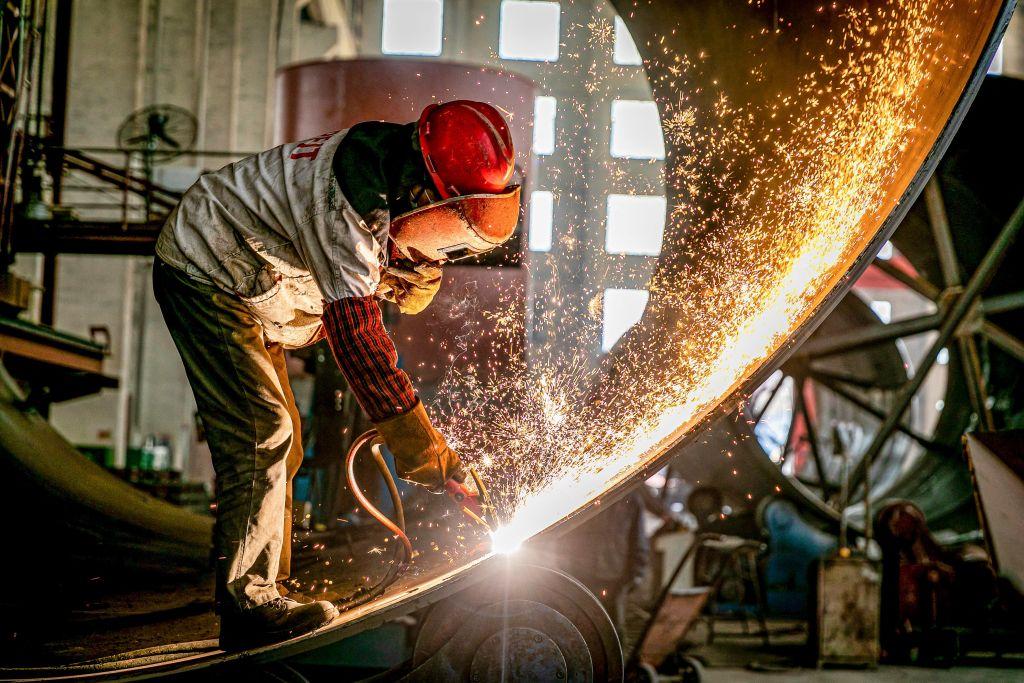China’s annual midyear e-commerce festival, or the “618,” failed to drive a much-needed sales boost, signaling that China’s once-mighty shoppers are still reluctant to spend as the economy sputters.
The gross merchandise value (GMV) of companies, or sales, during the shopping festival dropped by 7 percent from last year to 742.8 billion yuan ($102.3 billion), which was the first decline in eight years, as revealed by retail data provider Syntun in a report on June 19.





